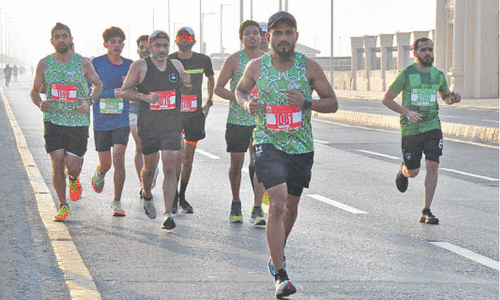NEW DELHI, Oct 10: International news agency Reuters announced on Friday it was resuming coverage of Australia’s cricket tour of India after the Board of Control for Cricket in India (BCCI) dropped contentious accreditation terms.
Reuters suspended coverage on Thursday, day one of the first Test in Bangalore, urging BCCI to drop terms which media representatives must sign before receiving match accreditation, including a bar on distributing pictures to cricket websites.
The BCCI said on Friday it was amending the terms and conditions, and removing the section on website picture distribution.
Reuters immediately resumed coverage of the series and reported on the second day’s play in Bangalore.
“We are grateful to the BCCI for taking such a fair and reasonable approach in this matter and are delighted to be able to resume coverage of the current series in India,” Christoph Pleitgen, Global Head of News Agency for Thomson Reuters, said in a statement.
“We look forward to our continued coverage of cricket in India on terms which respect the freedom of the press and protect the news interests and coverage rights of the media.”
Behind the dispute lies growing media concern that sporting bodies’ increasing determination to maximise commercial benefit from their events is restricting press freedom to cover them and distribute their images and news as they see fit.
Leading news gathering organisations including Reuters represented by the News Media Coalition (NMC) have refused to agree to the terms with Cricket Australia that could lead to a wider suspension Down Under.
Reuters said it also would not be able to cover future games in Australia unless a number of accreditation terms from Cricket Australia (CA), including the resale of photographs and over the number of report updates during a game, were dropped.
A CA spokesman said on Thursday that it hoped to find a resolution.
Leading international news agencies suspended coverage of the Indian Premier League (IPL) Twenty20 tournament earlier this year over terms and conditions after talks with the organisers failed. The rights disputes follows similar clashes over coverage rights in the build-up to last year’s rugby World Cup and with the Australian cricket board during Sri Lanka’s cricket tour.
In both those cases, coverage went ahead after late agreements were reached.











































Dear visitor, the comments section is undergoing an overhaul and will return soon.